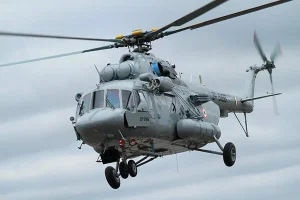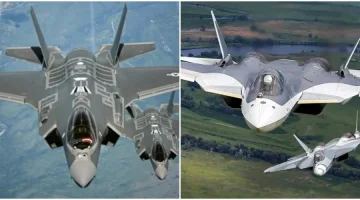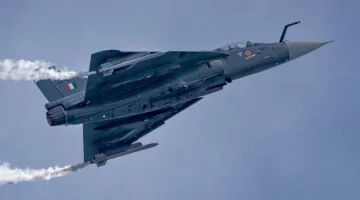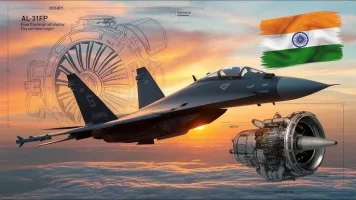The Indian Air Force (IAF) is looking to extend the operational life of its Mirage 2000 fighter jet fleet by tapping into the potential of India's private sector. The focus is on establishing domestic manufacturing of spares for the SNECMA M53 engine, crucial for keeping the Mirage 2000s flying until at least 2035.
The Mirage 2000, a multi-role fighter jet, has been a cornerstone of the IAF since its induction in the 1980s. Powered by the SNECMA M53 afterburning turbofan engine, these aircraft offer versatility and high performance. To sustain the fleet for another decade, the IAF needs a reliable supply of engine spares and wearables, essential for maintenance and operational readiness.
Recognizing the importance of self-reliance in defence, the IAF is actively seeking partnerships with Indian companies known for their expertise in precision engineering and aerospace components. This initiative aligns with the government's broader push for defence indigenization, encouraging private sector participation in defence production.
This isn't the first time the IAF has explored such collaboration. Max Aero Engines Private Limited (MAEPL), a joint venture between Snecma (now Safran Aircraft Engines) and Max Aerospace, has been involved in the maintenance of military aircraft engines, including the M53, in India. While MAEPL primarily focused on maintenance, it established a precedent for potential cooperation in manufacturing.
By focusing on local production of M53 engine components, the IAF aims to achieve several objectives:
- Reduced dependence on foreign suppliers: Domestic production ensures a more reliable and timely supply of critical spares, reducing reliance on foreign entities.
- Cost-effectiveness: Local manufacturing can potentially lower the cost of spares and maintenance, optimizing resource utilization.
- Technology transfer and skill development: Collaborating with private companies facilitates technology transfer and fosters the growth of indigenous technical expertise in aerospace manufacturing.
- Boosting domestic defence industry: This initiative contributes to the growth of India's defence industry, creating jobs and promoting self-reliance in critical technologies.




